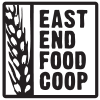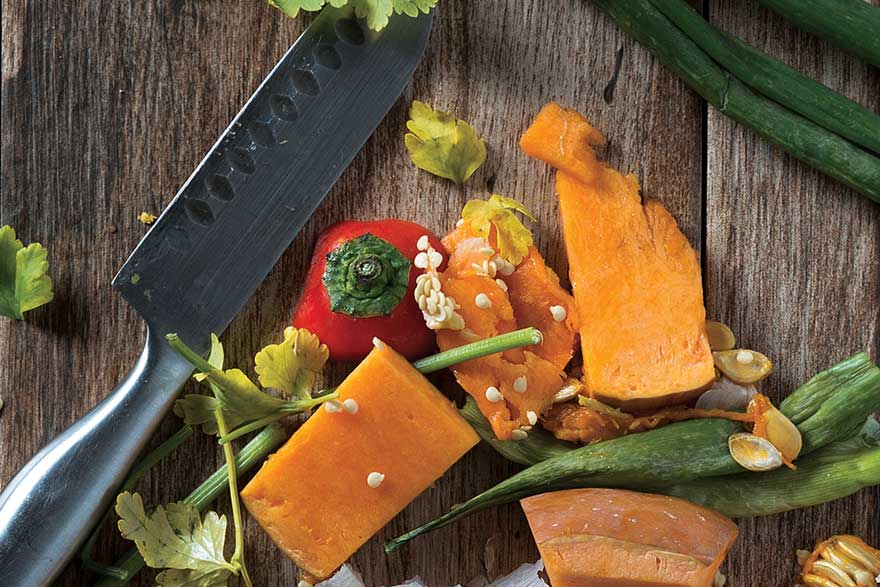By Nancy Martin, PA Resources Council
Gardeners know that soil is the basic building block for a healthy, productive garden that yields nutritious food without worries of chemical contamination from pesticides, synthetic fertilizers, and GMOs. Good garden soil is teeming with life – a living, breathing community of micro and macro organisms that are essential to healthy soil and vegetation. According to Oregon State University researchers Rick Stehouwer and Toni Bilik, “one teaspoon of good garden soil to which compost has been added contains 100 million bacteria and 800 feet of fungal threads!”
Soil is comprised of roughly 25% air, 20% water, 45% minerals and 4-8% organic matter. That 4-8% of organic matter is what supports life on this planet by providing the nutrients that make plants grow. The organic matter found in compost introduces vital nutrients to the garden, including macronutrients like nitrogen, phosphorous and potassium, as well as micronutrients like manganese, copper, iron and zinc.
Composting is the natural process of decomposition actively managed in order to speed up the process. Decomposition returns nutrients to the soil, improves soil texture and supports new plant growth. We can speed up this natural process by composting food and yard waste in a managed backyard composting bin. The organic material is broken down by microorganisms and the finished compost (or humus,) acts as a valuable soil amendment.
Compost piles are habitats for both chemical and physical decomposers. These include bacteria, fungi, actinomycetes, mites, centipedes, springtails, nematodes, worms and many others. We provide them with shelter, warmth, food, air and water. They do the rest. The finished product is dark and crumbly, bearing no resemblance to the original components, and it yields a fresh, earthy smell.
Finished compost adds nutrients to the soil, improves soil’s friability (crumbly structure), aids in water retention and drainage, helps to control weeds and reduces erosion. It can be worked into the soil at planting time or added as surface mulch at any time. In addition, compost use results in healthier plants that have fewer pest problems and are better able to ward off disease.
Even if you don’t garden, you can do the earth a service by composting because it lowers the amount of material ending up in landfills. According to the US EPA organic materials such as paper, yard trimmings and food scraps make up the largest component of US municipal solid waste. “Waste” from food and yard trimmings alone (without the paper) accounts for an estimated 25% of the annual municipal waste stream.
If we all were to compost we could reduce the amount of material we’re sending to our landfills by 25%. Recycling reduces it by an additional 50%. That’s significant, considering that a typical landfill is larger than 200 football fields, and its construction destroys habitat and unleashes the potential for environmental consequences such as the release of methane (a greenhouse gas) and leachate (a toxic liquid).
The uses and benefits of compost are many and varied. We can amend our garden soil to improve its structure and nutrient levels, use it as mulch or make a compost tea for our plants. It is also used to remediate contaminated soils, decrease our dependence on chemical fertilizers and pesticides, reduce the amount of water used in cultivation and lower the amount of material being sent to landfills. Over time, using compost as a soil conditioner will even improve the structure and texture of the clay soil found in southwestern PA by allowing it to resist compaction and retain nutrients, water, and air while improving drainage.
From the first day of preparing the garden beds in the spring through garden cleanup in the fall, gardeners can lean on compost as an indispensable friend.
The PA Resources Council (prc.org) is offering Backyard Composting workshops in the Greater Pgh area March 7th – June 21st. Visit prc.org/programs/conservation-workshops/backyard/ to register. An 82-gallon composter is included with attendance.



Leave A Comment